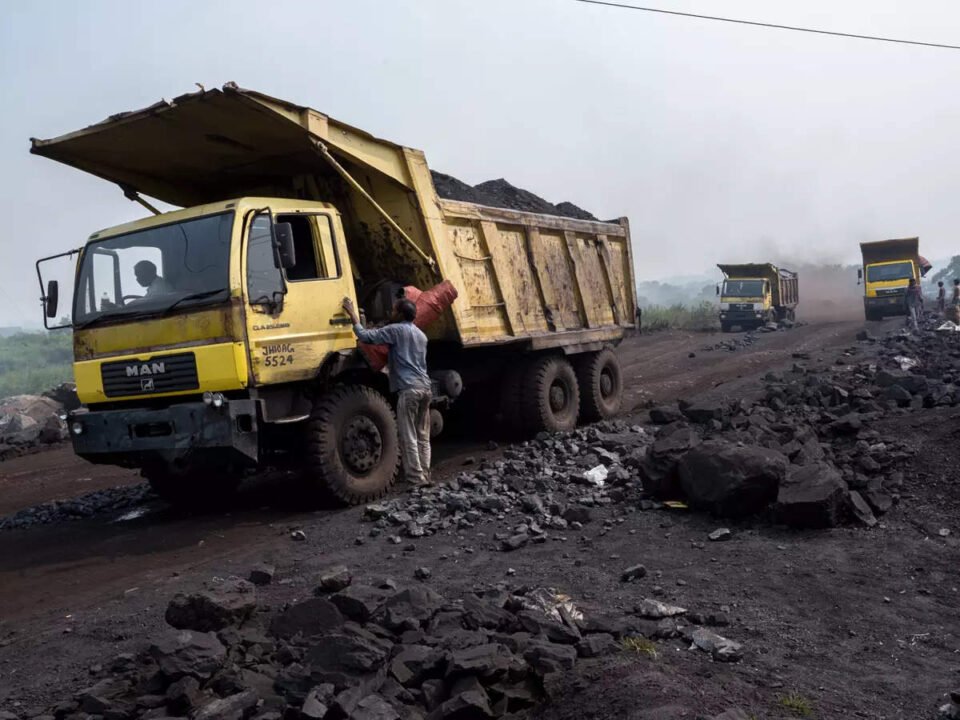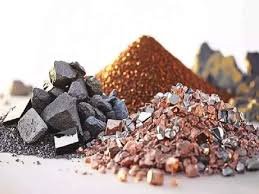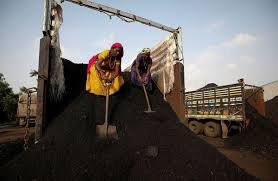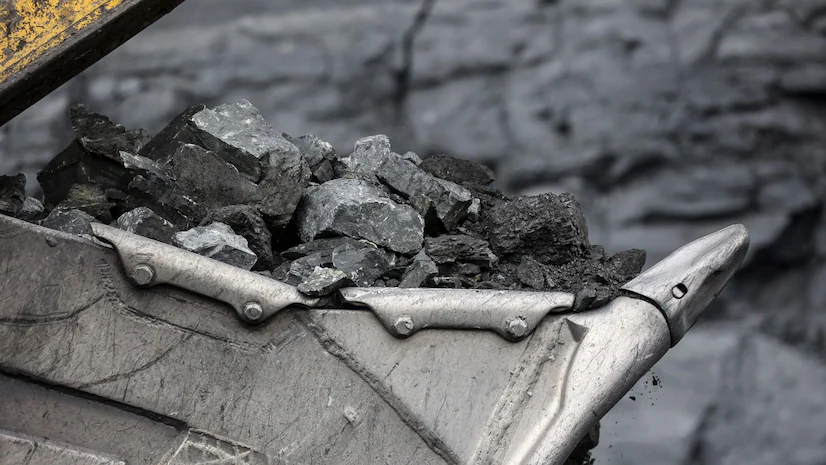NEW DELHI, March 29 (PTI): The government on Wednesday launched the seventh round of commercial coal auctions in a bid to increase the availability of the dry fuel in the country.
A total of 106 coal mines were put on the block in the latest round of auctions. Of the total mines offered, 61 blocks are partially explored and 45 mines are fully explored.
As many as 95 non-coking coal mines, 10 lignite mines and one coking coal mine are being offered in the latest round of auction.
The government amended the mineral laws to open up the coal sector to provide a level-playing field to the public and private sector players and to permit the auction of coal mines without any restriction on end use. Coal from these mines can be utilised towards own consumption, sale or any other purpose.
The seventh round of commercial coal auction was launched by defence minister Rajnath Singh in the national capital in presence of union coal and mines minister Pralhad Joshi and minister of state (MoS) Coal and Mines Raosaheb Patil Danve.
In his address, Singh said coal is considered black gold, which plays an important role in strengthening the economy of the country.
Coal has contributed in a major way to strengthening the economy of the country. The successful auction of the 106 mines will further strengthen the economy.
Coal fulfils a major need of India’s energy demand. Not just availability, but utilisation of resources is necessary for the growth of the country.
“Our energy consumption has grown in the last few years and will continue to grow. And to meet this need, we will have to start taking efforts from today,” he said.
The ongoing auctions of coal blocks are a step towards energy security, Singh said.
Details of the mines, auction terms, timelines etc. can be accessed on the MSTC auction platform. The auction will be held online through a transparent two-stage process on the basis of percentage revenue share, as per the coal ministry.
Coal and mines minister Pralhad Joshi said that to provide ease of doing business, the government is also “giving incentives for early production. A 50 per cent rebate will be given to the mine owner in the revenue share paid to the state. Further, entry norms have been liberalised”.
“There are no eligibility conditions, only upfront payment with a ceiling. Now, there is no restriction on the sale or utilisation of coal. There is now a revenue sharing mechanism instead of a regime of fixed rupee/tonne.”
He also noted that coal will be in use for the next 40-50 years and the government will continue to undertake major capacity expansion projects to further increase its production and offtake.
Domestic coal production has witnessed a boost, along with large-scale employment generation and huge opportunities for investment in the coal sector. Today we have turned around the coal story to make it India’s growth story, Joshi noted.
The minister said that in six rounds of auction held so far, 87 coal mines have been auctioned in three years, which after becoming operational and will generate an estimated revenue of Rs 33,200 crore and provide three lakh employment opportunities. These mines have a PRC of 220 MT.
Meanwhile, the Ministry of Coal signed agreements for 28 coal mines auctioned under the sixth round of auction.
The cumulative PRC (peak rated capacity) of the 28 coal mines auctioned under the previous round is 74 million tonnes per annum (MTPA), and these mines are expected to generate annual revenue of Rs 14,497 crore calculated at PRC of these coal mines. Upon operationalisation, these mines are expected to generate employment for 1 lakh people.
Companies like JSW Cement, Ultratech Cement, Ambuja Cement and Jindal Power were the successful bidders in the sixth round of auctions.












